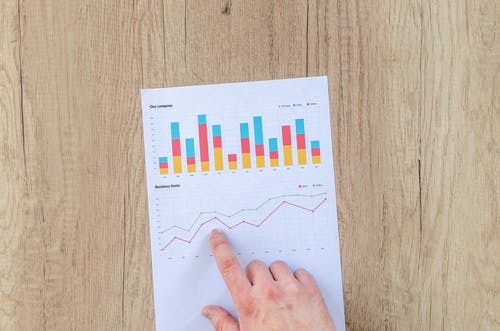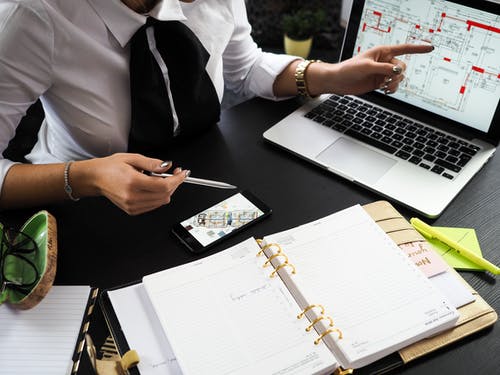Asset Help You Build Your Wealth – Learn This…
When it comes to finances, it is important to understand the basics before diving into complicated scenarios. Generally, this practice applies whether you are dealing with personal or business finance. Imagine you are dealing with numbers, but you do not know how to start.
There is no great way to start but to answer the question “what is asset?”.
In accounting, this is the fundamental concept that every accountant should know. However, you need not be an accountant for you to understand it well. This is not only fundamental, but it is also foundational. In layman’s term, asset is the so-called lifeblood of the business. Without it, an entity cannot survive. Without asset, you cannot effectively live your life as well.
For us determine the asset’s definition, we have to look at its three basic characteristics:
- It has future economic benefits
- It has ownership, and
- It is a result of past transactions
Finances always entail economic resources. This can be used for your consumption, production, transfer or even exchange. For non-business person, they commonly refer asset to actual money or finance. This is correct but incomplete. Anything that can be utilized whether for service or purchase can be classified as an asset. Therefore, asset can be either cash or non-cash.
As long as, it has a capacity to be used in producing and consuming something of value. For a business, common assets include cash, receivables, land, property, plant and equipment and other assets.
For you to consider your asset, you should own it.

The asset should be identified under your name may it be thru custody, or as documented. In practice, there should be no asset owned by more than one entity. Although, it may provide future benefits for several entities. As, for instance, an apartment should have benefit to the owner, its tenants, and to the ones who conducts maintenance of the building.
To determine asset ownership, the business should have control over it, whether to stop its use or to continue its utilization at any period in time. Common documentations of an asset includes transfer title of the land, tax certificates for the property, bank registration and statements, and other related documents.
For the last characteristics, you can only enjoy asset’s future economic benefits and the control over it, if you already owned it. To put it simply, there is acquisition involved, whether thru sale or donation. Another way is through the exchange of certain assets.
Though, you have to make sure the legalities of all transactions conducted.
